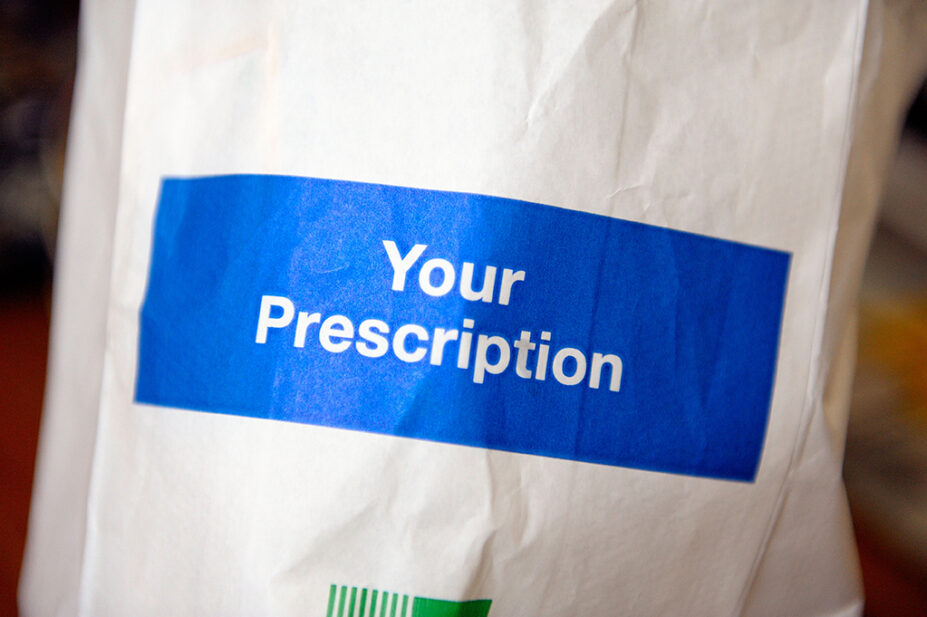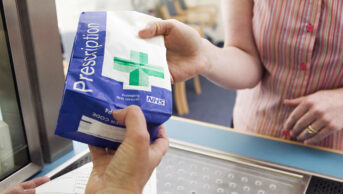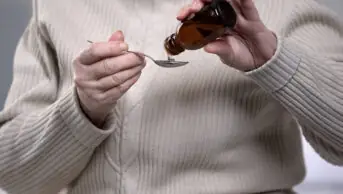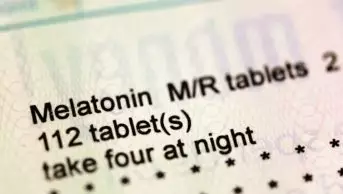
ACORN 1 / Alamy Stock Photo
The NHS prescription charge in England will remain at £9.90 for the 2026/2027 financial year, the government has announced.
In a statement published on 21 November 2025, the government also confirmed that the cost of three-month and annual prescription prepayment certificates (PPCs) will be frozen for 2026/2027, at £32.05 and £114.50, respectively. HRT PPCs will be set at £19.80 per year.
The prescription charge was frozen for the 2025/2026 financial year. Prior to that, it rose from £9.35 to £9.65 in 2023/2024, increasing again to £9.90 for 2024/2025.
However, the government said around 89% of prescriptions in England are already dispensed free of charge. Those exempt include children, people aged over 60 years, pregnant women, and people with certain medical conditions, including cancer and diabetes.
Tase Oputu, chair of the Royal Pharmaceutical Society English Pharmacy Board, commented: “This latest freeze on prescription charges is welcome, as it provides short-term relief for patients facing the rising cost of living. However, it remains a pause rather than a solution — no-one should face a financial barrier to get the medicines they need to stay well.
“Pharmacists continue to tell us they regularly see patients going without essential, life-saving medicines because they can’t afford all the items they’ve been prescribed. When patients can’t afford their medicines, their health suffers, leading to more GP appointments, an increased risk of hospital admissions and added pressure on the NHS.
“We urge the government to build on this freeze, listen to the concerns of patients and health professionals, and bring about an end to unaffordable prescription charges in England.”
Leyla Hannbeck, chief executive of the Independent Pharmacies Association, said the freeze “is good news for hard-pressed patients”.
However, she added: “It should also act as a reminder that the fee patients pay is just that — a fee collected by pharmacists on behalf of the government. It doesn’t relate to the actual cost to pharmacies of providing that medicine. Instead, pharmacies hand over all the charges collected back to the NHS. They are then reimbursed for the medicines dispensed under a complicated formula, which too often sees pharmacies receiving less from the NHS than it costs them to buy the medicines.
“This ‘funding gap’ is unsustainable and has seen hundreds of local pharmacies close as they can no longer afford to stay open.”
England is the only nation in Great Britain that charges for NHS prescriptions. In Wales, prescription charges were abolished on 1 April 2007, while in Scotland they were reduced gradually from 2007 before abolishment on 1 April 2011.


